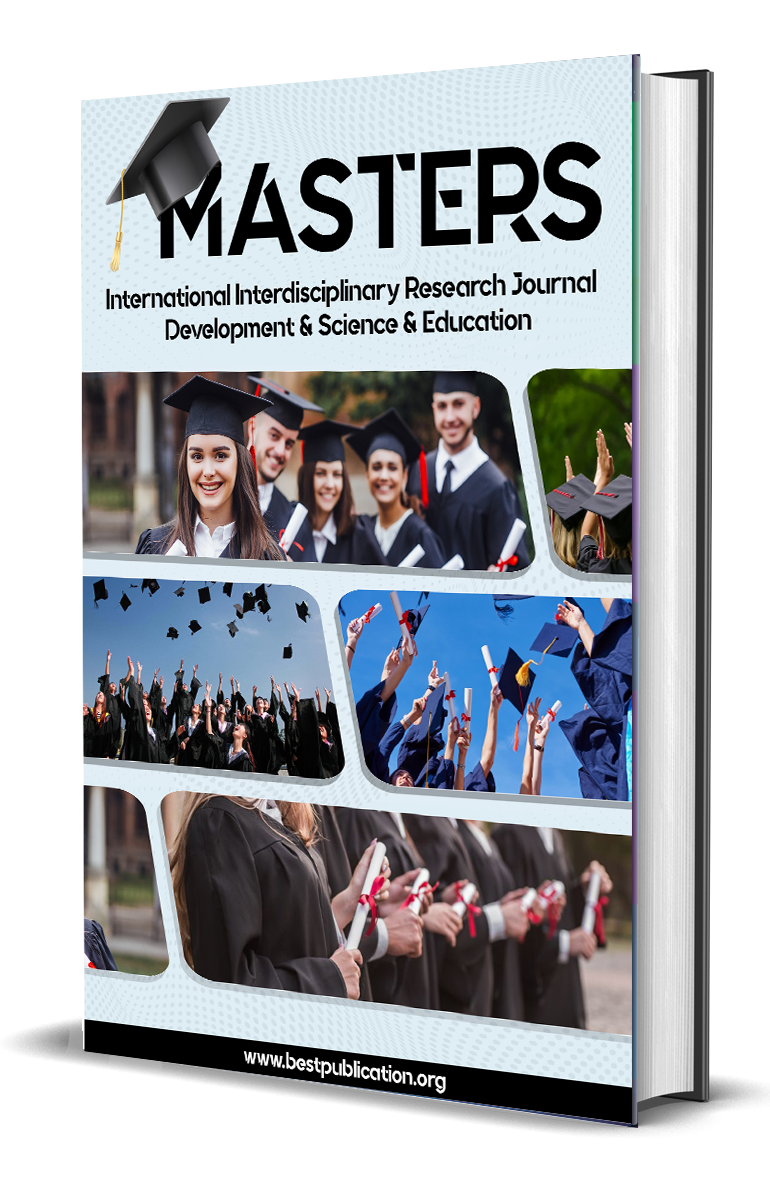EMOTIVE EXPRESSIVE PHRASEOLOGICAL UNITS OF THE ENGLISH AND UZBEK LANGUAGES
Keywords:
Culture , phraseologisms, human emotion, custom and traditions, gender specific emotions.Abstract
This article is mostly about the phraseological units of the language and how to define them in the emotive expressive content. A logical interest of the researchers to the processes of manifestation of emotions in the language has resulted in the formation of a new scientific field – linguistics of emotions aimed at the emotional environment of the language. In both English and uzbek languages human emotions are verbalized mostly by the phraseological units representing various mental states of an individual. Studying means of expressing emotive vocabulary illustrated by the phraseological units provides an opportunity to present the whole complex of means of the language and the speech, as well as contribute to understanding the mentality and psychology of both languages respectively. This article covers the phraseological units which are characterized by a great diversity of lexical, semantic, emotional and appraisal aspects. The emotional and appraisal volume of the phraseological units varies depending on the emotional state of the speaker and on his attitude to the addressee. Cultural and connotative semantics of the phraseological units is closely connected to the both nation’s worldview which has formed and has been enriched throughout the life experience.
References
Galperin I. R. Stylistics. M., 1997.
Leech. G. N. Towards a semantic description of English. London, 1969.
Maclin A. Reference guide to English: A handbook of English as a second language , Washington, 1996.
Zuparova , S., Shegay, A. (2021) . Methods of teaching foreign languages . Eastern European scientific journal, 1(7), 141-143.
Baranova A. N. Aspects of the theory of phraseology M. ; sign . 2008.-656p.
Yusupov , O. Y. (2021) The russification legacy of historical monuments of Uzbekistan, Linguistics and culture review. 5(S1); 1535-1539.
M. Sadikova . Краткий узбекско-русский фразеологический словарь. – Ташкент: Главная редакция Узбекской Энциклопедии, 1989.
Ashurova D.U., Galieva M.R. Cognitive linguistics. – Tashkent: VneshInvestProm, 2018. – 160 p.
Kuhn Tomas S. The Structure of Scientific Revolutions. – International Encyclopedia of Unified Science. Second edition, enlarged. – Chicago: University of Chicago Press, 2012. – 222 p.





